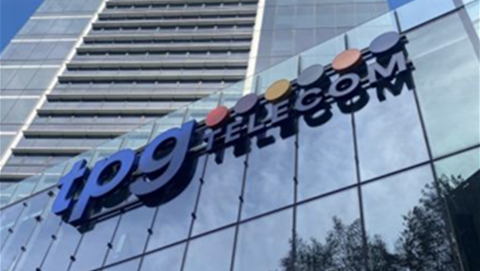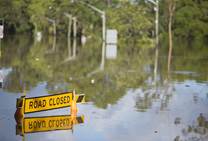The long-running upgrade to NSW’s Public Safety Network (PSN) won’t be finished until 2027, and instead of the $400 million estimated in 2016 when the project began, the final capital spend is now estimated at $1.293 billion.
The NSW auditor general made the revelations in a report published Friday.
The audit found that the 50 percent of the enhanced PSN that’s been completed is operating well, but the five emergency services organisations (ESOs) the new network will serve – NSW Ambulance, Fire and Rescue NSW, NSW Police Force, NSW Rural Fire Service, and the NSW State Emergency Service – still have to operate their own radio networks.
The cost of that duplication is not known, the auditor said, in spite of a 2019 recommendation from Infrastructure NSW.
"The ESOs will continue to incur these costs until they are able to fully migrate to the enhanced PSN, which is expected to be in 2027," the audit stated.
"These costs have not been tracked or reported as part of transparently accounting for the whole-of-government cost of the enhanced PSN”.
The auditor estimates that when ESO costs are taken into account, “the full cost to government of implementing the enhanced PSN could ultimately be over $2 billion”.
The auditor was critical of the NSW Telco Authority’s transparency about the costs, saying that until the state’s 2021-2022 budget, “growth over time [was] not made transparent to parliament or the community”.
As the auditor noted, individual program items were made public.
In 2020, BAI Communications won an $80 million contract to operate the network for five years; in the 2021 state budget, $719 million was allocated to expand PSN coverage to nearly 100 percent of NSW’s population; and in August 2022, Motorola won a $60 million, five-year contract extension for system supply.
Encryption woes
The authority is still working with ESOs to settle how encryption will be used on the enhanced PSN.
While the police and ambulance services regard encryption as critical, other agencies that don’t have the encryption keys are excluded from those communications: “its use creates an obstacle to achieving a key intended benefit of the CCEP [Critical Communications Enhancement Program], that is a more interoperable PSN, where first responders are better able to communicate with other ESOs."
“Further planning and collaboration between PSN participants are necessary to consider how these dual benefits can be achieved, including in what operational circumstances encrypted interoperability is necessary or appropriate," the audit states.
Network reliability focus
The auditor praised the performance of the CCEP where it has been deployed, saying: “The enhanced PSN generally meets the benchmark of 99.95 percent availability for all sites.
"Individual sites also consistently meet the agreed requirement that no more than one in 1000 calls should be delayed (or queued) by more than one second.
“On current plans, the geographic coverage of the enhanced PSN will exceed any radio coverage previously available to ESOs”, the report added.
Work is under way to identify black spots, and to identify where in-building coverage needs to be improved.
“There is no mechanism to ensure adequate radio coverage within new building infrastructure after the CCEP concludes, but the NSW Telco Authority and ESOs have agreed an approach to prioritise existing in-building sites for coverage for the duration of the CCEP”.



.jpg&h=140&w=231&c=1&s=0)

.jpg&h=140&w=231&c=1&s=0)





















